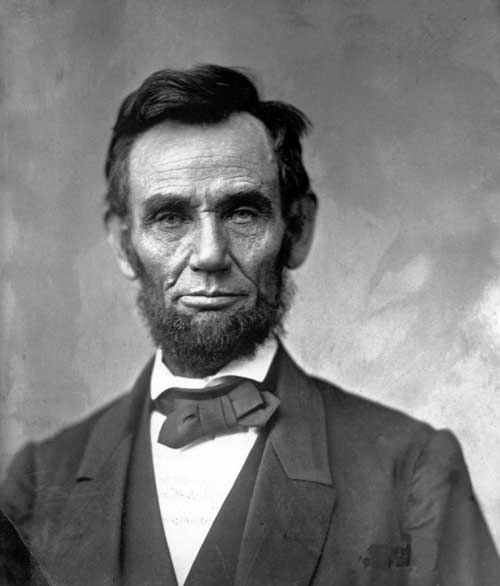
Steven Spielberg’s movie, Lincoln, is a real treat to watch. The acting is superb and the period sets and costumes are magnificent.
More important however than all that are some of the lessons in leadership we can all learn from our 16th President.
Books have been written about the many leadership lessons Lincoln demonstrated, but there are three that may stand out as the most important. All three were well depicted in the movie.
Compromise
Lincoln was a consummate politician. After repeated political failures he was able to capture the presidency at a difficult time and as a dark horse candidate. Few would have predicted his election a year before it occurred. His political acumen showed most brightly though during his presidency. He managed to succeed in spite of his many opponents both in the opposing party and his own. He did this, in large part because he understood when to compromise and when not to.
Lincoln was always willing to compromise in the give and take process of democratic government as long as he did not compromise his fundamental principles. The road to fulfill those principles was paved with compromise, but the principles themselves were never compromised.
He was also a master at reconciling conflicting principles. He understood perhaps better than anyone the importance of the principle that the Union must be maintained and he also understood the principle that slavery was wrong. Rather than totally jeopardize one principle by serving the other, he proceeded slowly and incrementally to abolish slavery while preserving the Union.
Had he issued the Emancipation Proclamation too early, as he was urged to do by some, he might well have lost the war and lost both the battle to save the Union and to abolish slavery. He wisely delayed the issuance until he knew it could serve both purposes.
Had he given in to those who desperately sought an end to the war during the last part of 1864 and early in 1865 the 13th amendment would never have passed, and although the Union may have survived so would have slavery. By pursuing the war while others shrank from it, he succeeded in preserving both principles: the end to slavery and the preservation of the Union.
Persistence
Lincoln understood the power of persistence. He ran for one office after another during his career and lost most of them. While he would take breaks from politics from time to time he never gave up. During the interim periods he continued to study the issues and the politics of his time. He quietly continued to prepare for his next contest. Though he suffered many disappointments he never gave up.
Again, during the last months of the war, he understood clearly that to quit too soon would not only render the massive losses of the war meaningless but would have led to the defeat of the principles he was dedicated to. The pressure on him was immense to end the war as soon as the South was willing to negotiate. Their terms however were so inconsistent with Lincoln’s principles that he would not relent. By hanging in for a few more months he succeeded in preserving both of his chief principles.
Doing the Difficult Thing–Not the Expedient Thing
All leaders are faced with this dilemma often. Whether to do what is easier and expedient or to do what is difficult and right. To end the war in early 1865 would have been both expedient and easier. To postpone the fight for the 13th amendment would have been easier and expedient, but it would not have been the right thing to do.
It takes tremendous courage, foresight and character to persist in serving the important principles rather than opting for the easy path. Lincoln not only understood when it was possible to do this he understood when it was imperative to do so.
Lincoln possessed many leadership skills. He was compassionate, wise, intelligent, well-informed, a continuous learner, and he understood people and what motivated them. He never allowed his ego to get in the way of his success. But none of these things were as important as his understanding of when and how to compromise, and when not to; how to use persistence to achieve his goals; and how and when to do the difficult thing because it is the right thing rather than the expedient thing because it is easier.
Daniel R Murphy | Three Most Important Lincoln Leadership Lessons
